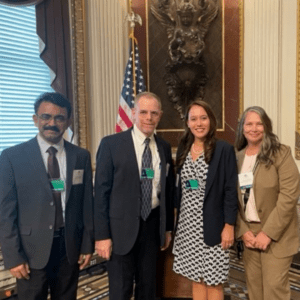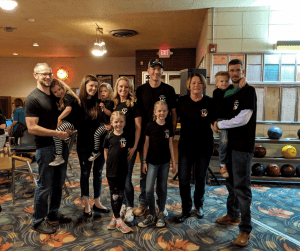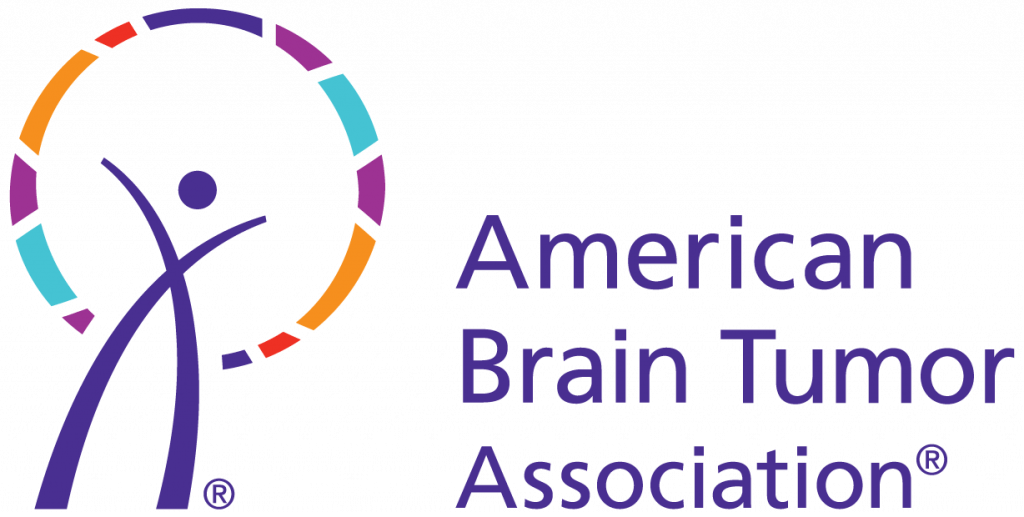
By: Savannah Mason
**Sponsored by Servier Pharmaceuticals: This content is not an endorsement from the ABTA.**
My journey through brain cancer has illuminated the pressing need for tailored advocacy and support for adolescent and young adult (AYA) cancer patients. Often overlooked and misunderstood, our experiences highlight the importance of addressing the unique challenges faced by this demographic. From the lack of representation in the media to the absence of discussions on critical topics like fertility and family planning, young adults with cancer often find themselves navigating uncharted territory.
Embracing Uniqueness: Being diagnosed with brain cancer at 21 was a shock, but what followed was equally daunting. I quickly realized the stark differences in the care I needed compared to children or older adults. Our diverse needs are frequently overshadowed, leaving us feeling isolated and grappling with uncertainties about our futures. The lack of conversations around topics such as fertility options and family planning add an additional layer of complexity to an already daunting journey.
The Power of Advocacy: My journey has underscored the transformative impact of advocacy and support within the young adult cancer community. I’ve come to understand the critical importance of advocacy and support, from advocating for AYA-specific resources to ensuring comprehensive discussions surrounding my care. I speak up for my needs and those of other young adult cancer patients. By championing resources tailored specifically for us and advocating for open dialogue on post-treatment challenges, we can bridge the gap in care.
Empowerment Through Support: Navigating the complexities of cancer care required not only personal strength but also the support of my care partners. Together, we sought second opinions, fought for disability accommodations, and sorted through the overwhelming amount of information we received. Throughout my journey, my parents served as tireless advocates, navigating insurance negotiations and managing appointments when I lacked the energy to do so myself. The responsibility should not solely rest on the patient’s shoulders; rather, it should be a collective effort involving healthcare providers, support networks, and caregivers.

Addressing Systemic Challenges: Systemic hurdles within healthcare systems continue to hinder the quality of care for young adult cancer patients. The frequent absence of survivorship care plans and inadequate sensitivity training for healthcare professionals underscore the need for broader reforms. These reforms must prioritize early screening protocols and sensitivity training to ensure that young adults receive the support and understanding they deserve throughout their cancer journey.
Conclusion: As I reflect on my journey, I’m reminded of the urgent need for change within the young adult cancer community. By amplifying our voices, advocating for systemic reforms, and fostering a culture of empathy and understanding, we can ensure that no young adult faces cancer alone. Let us stand together in solidarity, empowering young adults like me to navigate their path to healing and survivorship with dignity, resilience, and unwavering support. Through collective action, we can pave the way for a future where young adults with cancer receive the comprehensive care and support they deserve, ensuring that no one is left behind in the fight against cancer.












